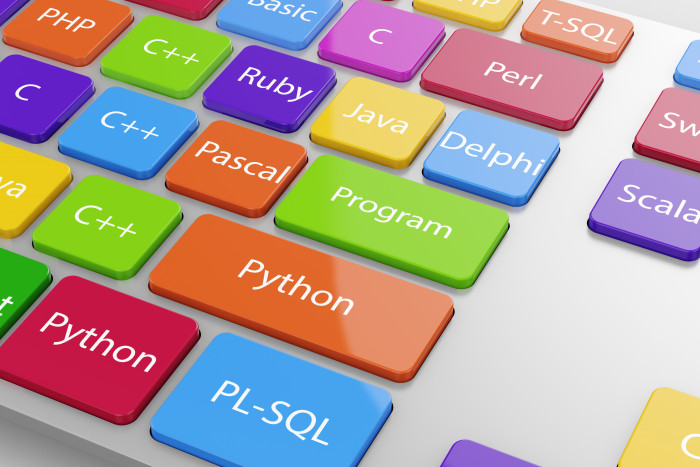Software is never quiet. We all know that you are used to using the best available software as a software developer. And a lot of time and effort are spent to create PHPJabbers scripts for the new generation. Most of the developers who used PHP on their own know two things about it only in a mildly unwelcome way: it's a bad language they'd never use if they made the choice. This is not a contradiction in itself, but it ought to make you curious. Did Twitter, Wikipedia, Word press, EBay, Baidu, Box, and Slack succeed despite their use of PHP, more recently?
Each web application begins with a completely blank slate
It has an uninitialized namespace and worldwide units except the standard globals, functions and classes which provide basic functionality and support for life. By beginning of every request of a known state, you will obtain a sort of organic failure isolation, which does not interfere directly with the execution of the corresponding request when request encounters a code defect and fails. The state exists, of course, in other locations than the software heap, and a server, the file system can be confused.
There is competition
In a single PHP thread, a single web petition is run. At first it seems a dumb restriction. But as web server runs your software, we have a natural source of competitor available: client requests. A distributed, in-copy / copy-out way of making concurrent use of curling on local hosts, or even another web server is asynchronous. In practice, the approach of lock-and-shared-state that most other common languages provide is safer and more error resilient.
Quick and effective
Eventually, since php programmingrun at a demand level, the developer workflow is quick and effective and will remain fast with changes to the software. Many developer productivity languages claim this. However, they almost invariably have a startup time if they do not reset status for each request and the major event loop shares the application level status with queries.

